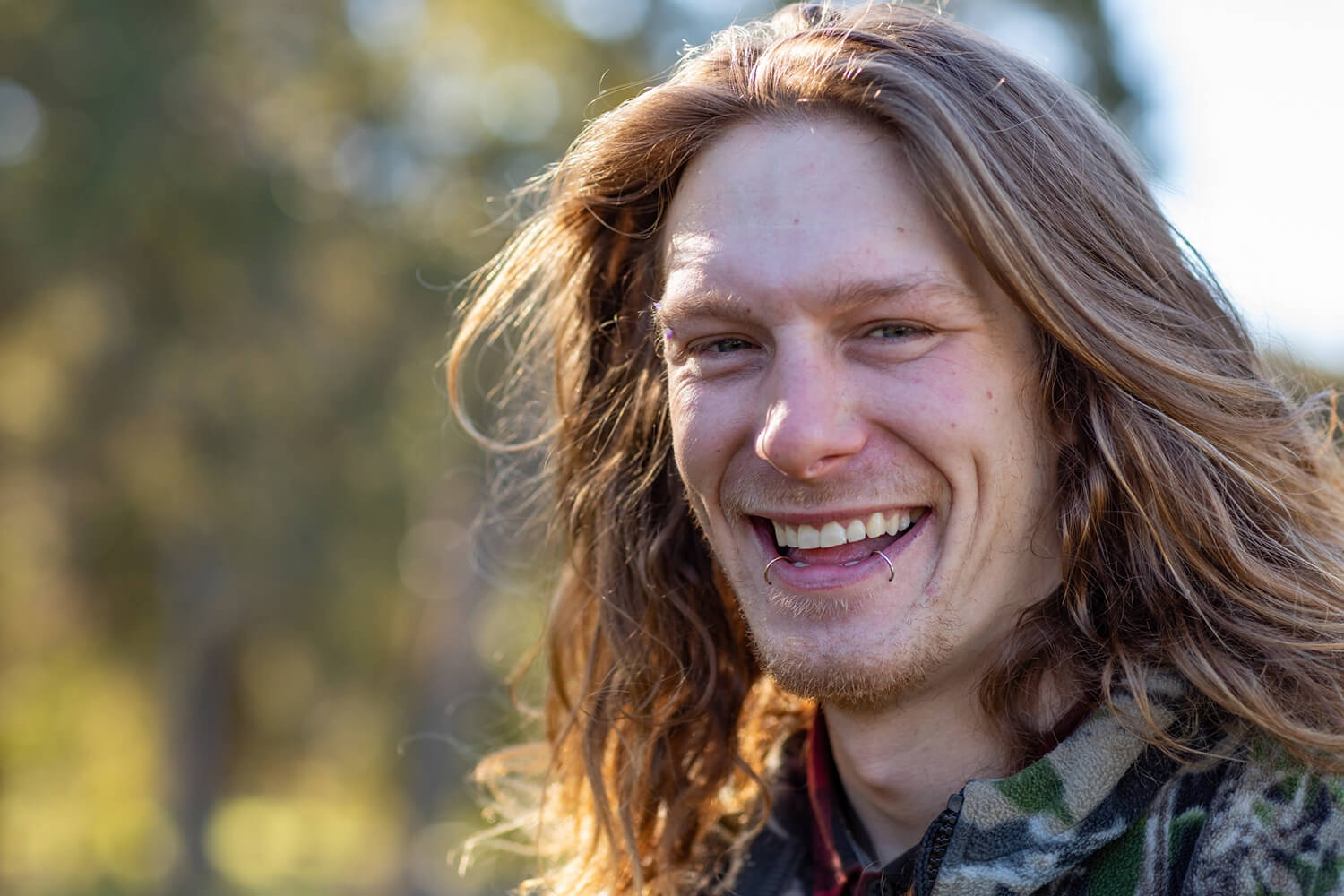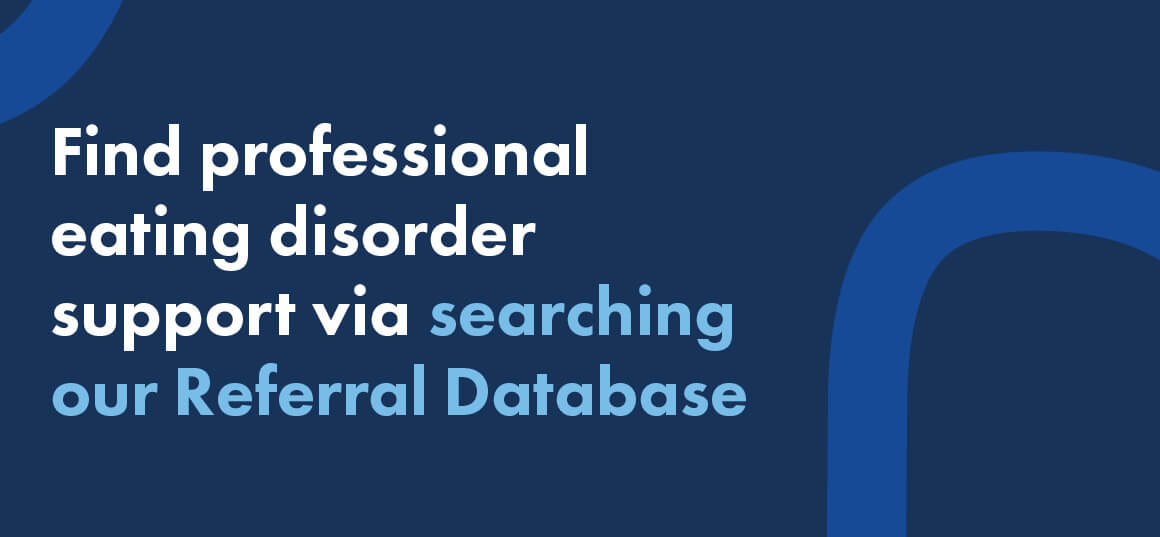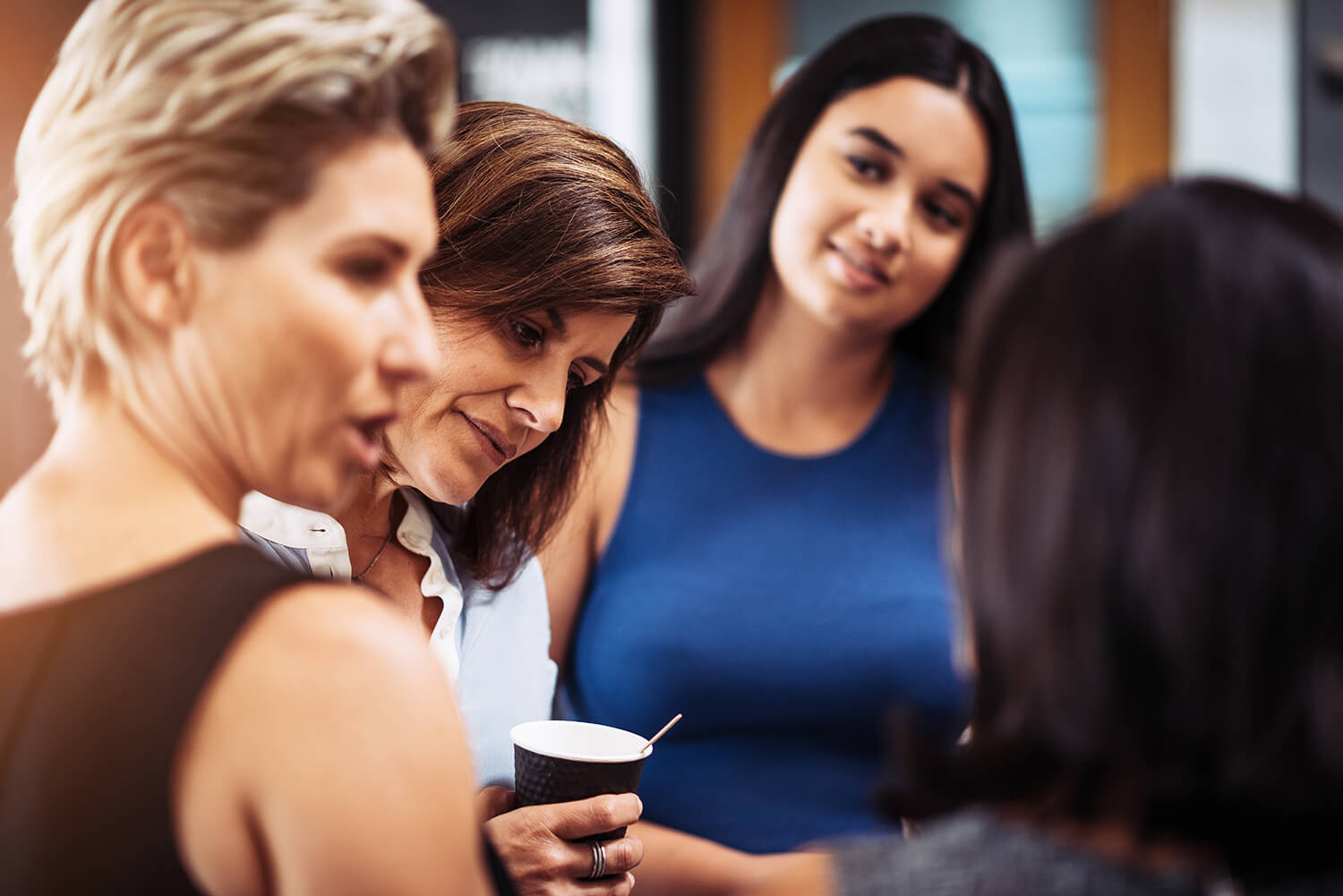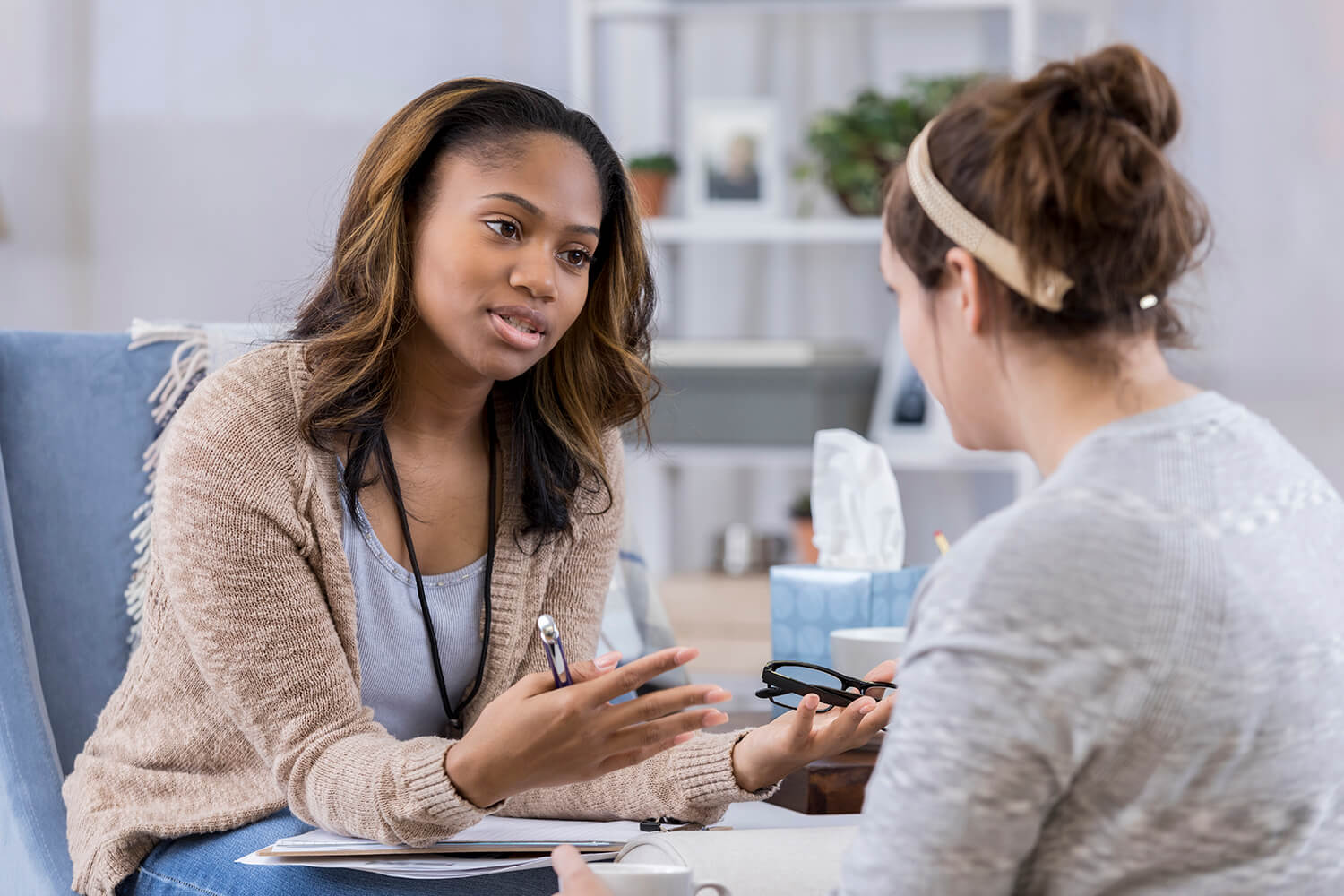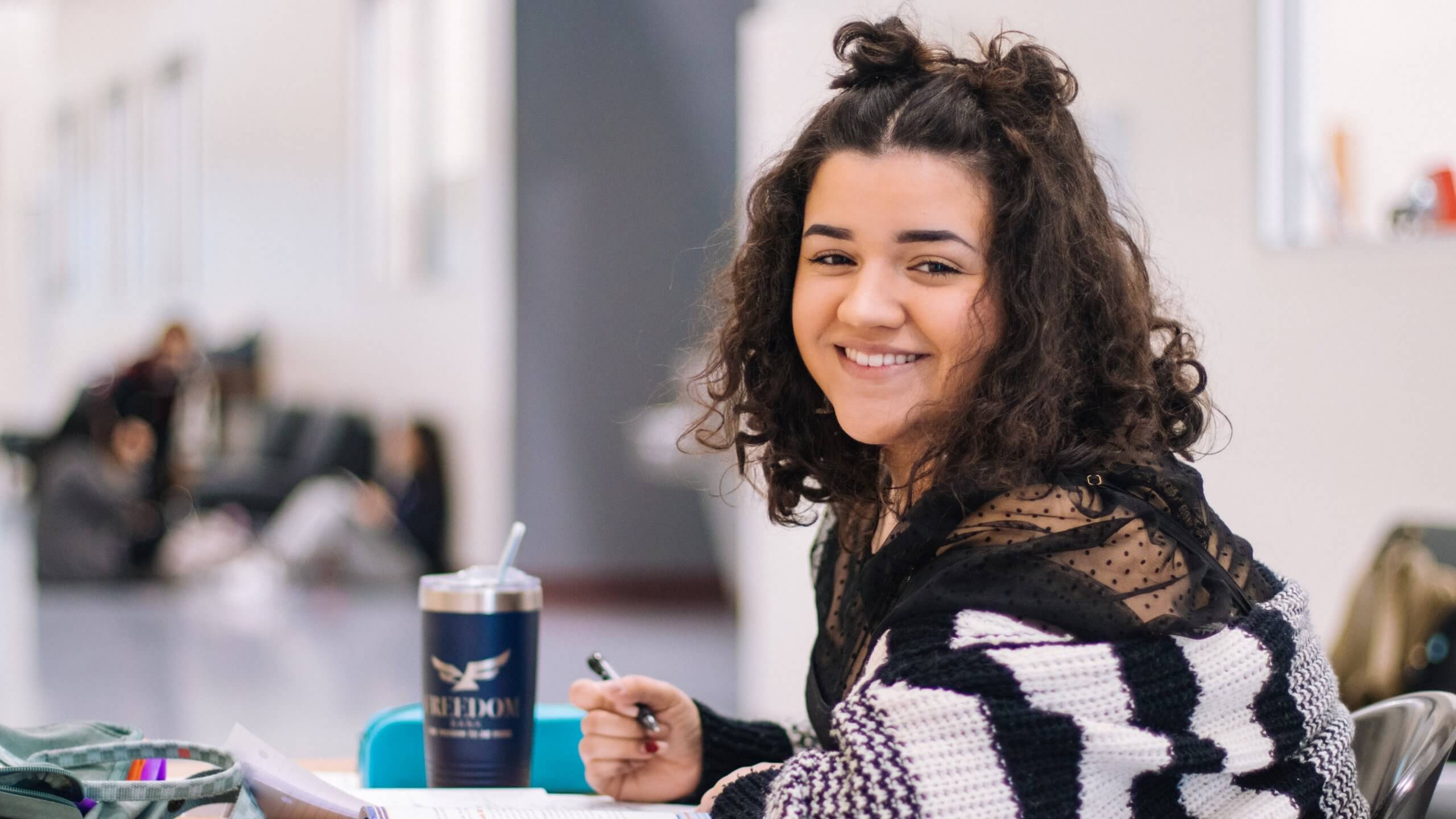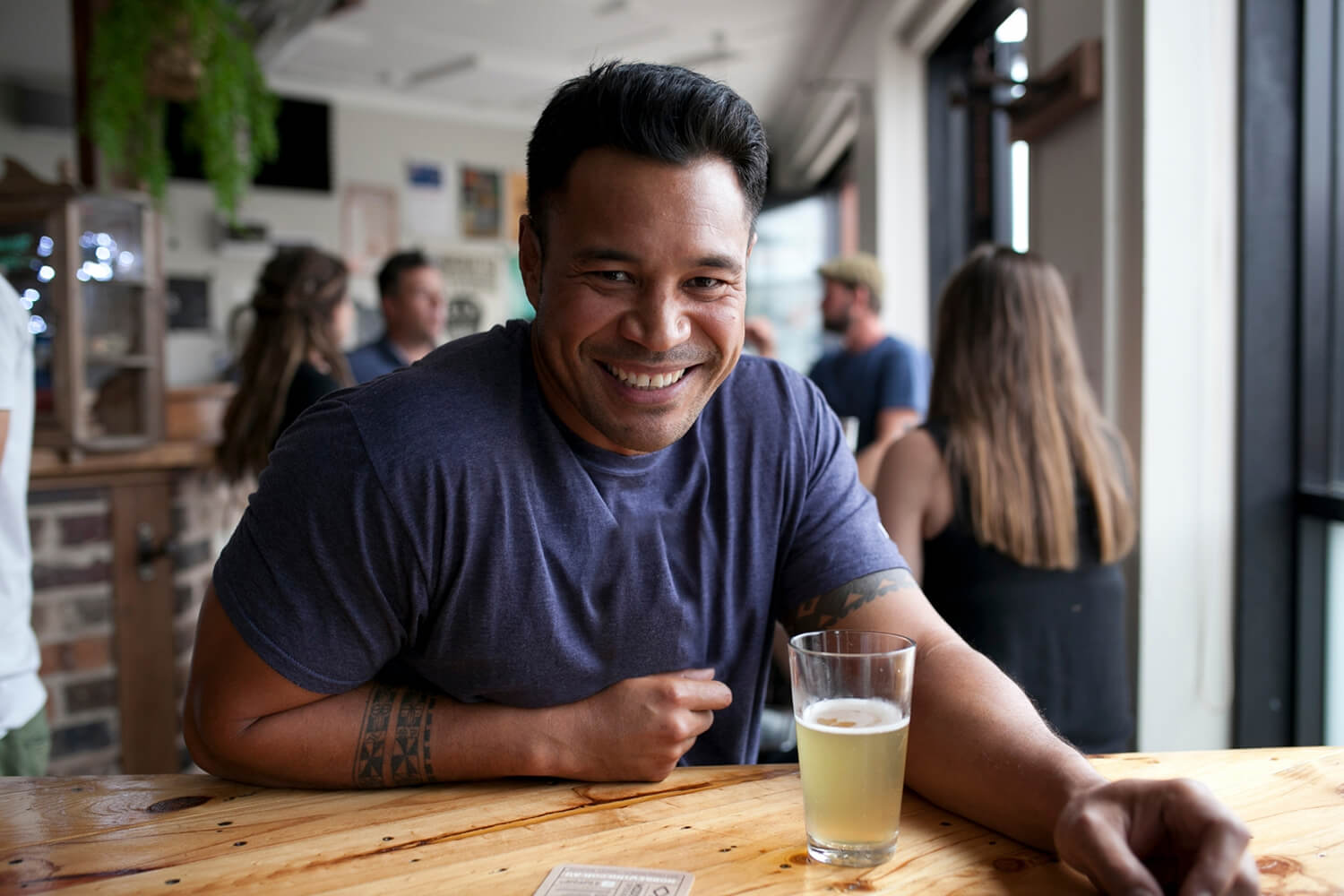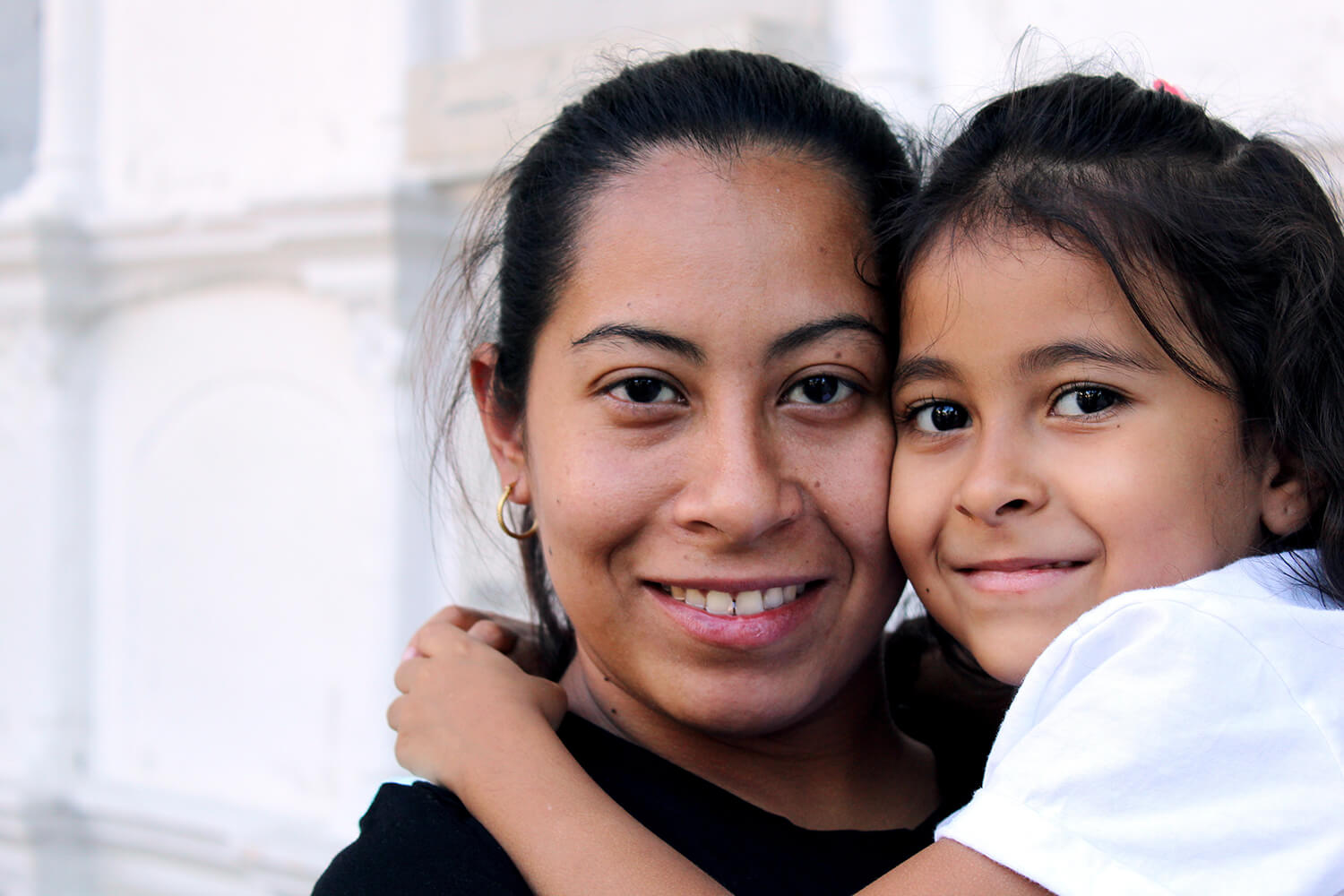LGBTIQA+ people, eating disorders and body image
We’ve come a long way from assuming that body image issues and eating disorders only affect young, white, straight, cisgender, endosex women; but there can still be barriers to treatment for people who don’t fit this stereotype.
We need more research into the relationship between body image, eating disorders, gender identity and sexual identity, but existing research suggests that people who are lesbian, gay, bisexual, transgender, non-binary, intersex, queer or asexual are frequently affected.
What may cause eating disorders or body image issues for LGBTIQA+ people?
Homophobia, transphobia, discrimination, bullying, trauma, abuse and alienation from friends or family members can all result in high levels of emotional stress.
Sometimes these issues, in addition to other risk factors, can lead to mental distress, body image issues and/or an eating disorder.
“For me, dating people of the same sex, I was always very cautious about revealing anything I was going through because I didn’t want my partner to think I was comparing our body types. I didn’t want my partner to now become focused on her own eating or her own body image.” -Katie
Trans, gender diverse and/or gender fluid people
A small, but growing body of research says that people who identify as trans, gender diverse and/or gender fluid are especially vulnerable to disordered eating. While not all trans and gender diverse people experience gender dysphoria, the research suggests that gender dysphoria can play a significant role in developing an eating disorder. Trans and gender diverse people often feel pressure to meet societal body standards in order to have their gender identity validated. They may also, in the absence of affirming healthcare, engage in disordered eating behaviours to align their body with their gender identity.
“The stories that we hear are in some ways a sign of who can then go on and get that help. I identify as trans masculine and non-binary – I felt services that supported people with eating disorders were for girls and women…I looked like a butch lesbian.” – Quinn
Key facts
There’s a lack of research in general around LGBTIQA+ communities, however research suggests:
- People who are LGBTIQA+ are at greater risk for disordered eating behaviours
- Gay, lesbian, and bisexual teens may be at higher risk of binge-eating than their heterosexual peers
- 2/3 of trans young people report limiting their eating because of their gender identity
Butterfly advocates for more research in this area so that we can serve the LGBTIQA+ community better.
QLife provides anonymous and free LGBTI peer support and referral for people in Australia wanting to talk about sexuality, identity, gender, bodies, feelings or relationships. Each state and territory has its own HIV/Aids Council and Gender Centres. Contact QLife to find one in your state.
The Butterfly National Helpline counsellors receive regular LGBTIQA+ training and are committed to providing free, confidential and non-judgemental counselling, referrals and information to anyone experiencing an eating disorder or body image issue, as well as their friends and family.
LGBTIQ+ Health Australia is the national peak health organisation in Australia for organisations and individuals that provide health-related programs, services and research focused on the LGBTQIA+ community.
Through a preventative model of mental health support, Minus18 support LGBTQIA+ youth by focusing on life-affirming social inclusion, education, advocacy, and youth empowerment.
Lifeline provides 24 hour crisis support and suicide prevention services. Call 13 11 14 or chat online.
Let’s talk
The earlier you seek help, the closer you are to recovery.
Whether you need support for yourself or someone you care about, call our confidential Helpline team on 1800 33 4673, chat online or email support@butterfly.org.au
This page was produced in collaboration with QLife and Kai Schweizer, LGBTIQA+ Educational Consultant




